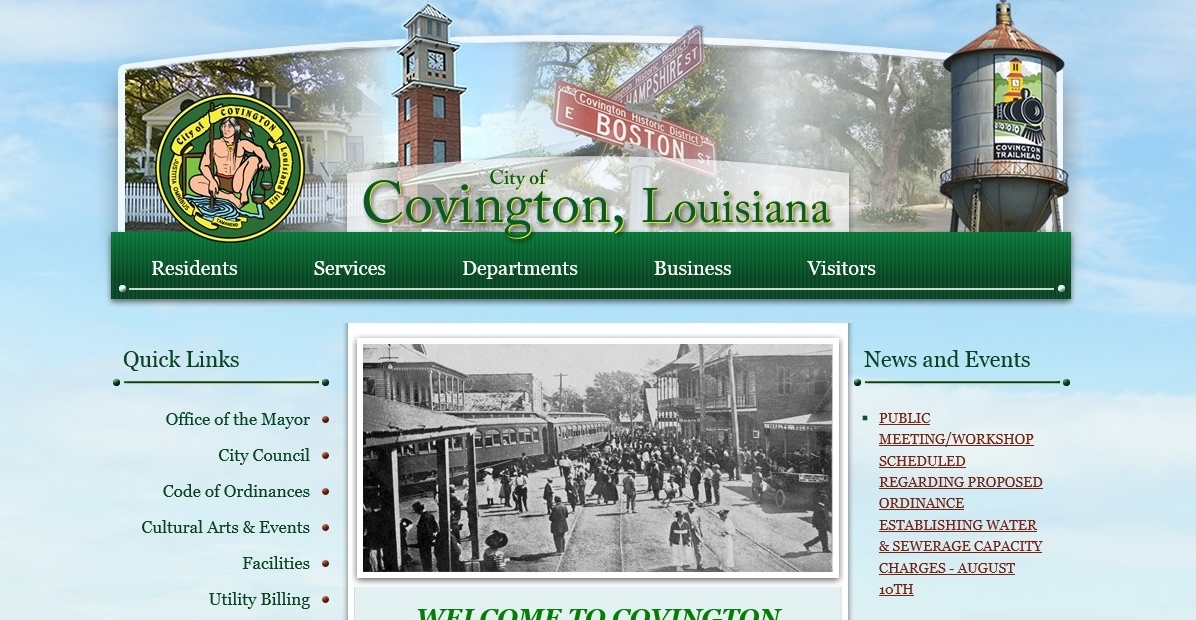Covington’s front running candidates for mayor are Mark Johnson, Rick Smith and Candace Watkins. A few weeks ago, Covington Weekly ran a recap on the forum hosted by the St. Tammany Chamber West and the Covington Business Association. This week, we will look at a few of the finer details in the issues discussed at the forum.

Sewerage and Water Infrastructure – On a municipal level, the flooding Covington experienced in 2016 revealed weaknesses in the system that are a current point of discussion; one issue is the effect of outlying developments on the city system.
At the Chamber forum, Johnson stressed the need to improve communication between municipalities, parish-level organizations and committees with regard to infrastructure. With regard to residential annexation, Johnson stated, “Annexation should, as it always has been, be judged on a case by case basis. Each site should be weighed on its own merit as to whether it is in our (the citizens of Covington) best interest or not.”
Smith discussed the concept of complementary growth, stressing the need for infrastructure before development takes place. Smith is also of the opinion that improved communication is vital to solving our infrastructure issues, stating that any growth should “enhance and complement the quality of life of our residents and existing businesses.”
Watkins elaborated on the distinction between sewer discharge levels and drainage. “Anyone who discharges into the Tchefuncte river affects the city’s discharge limits. It does not affect the drainage issues.” If elected, she plans to meet with DEQ officials to understand who is currently discharging into the river and how that is affecting the city’s discharge limits.
“Residential annexation is a completely losing proposition for the city. Property taxes are proposed to provide 14% of the revenue and cover on 9% of the expenses in the city’s 2019 budget.” When a new residential area is considered for annexation, the burden of paying for the remaining 91% of those expenses falls to the existing citizenry.
Watkins added that Covington can amend the sewer ordinance and bring outside of city customers into the sewer system. They can be charged an adjusted rate and help close up the $1.6 million deficit in the utility fund. That way the environmental threat is eliminated and the city doesn’t have to take care of their streets, drainage, police and fire protection, etc.
Ed. Note: If you build it, they will come. Regionalism dictates the new development standard, and while it exemplifies the essence of representative government from a business point of view, it often does so in a way that excludes, or precludes, the public. We elect people to represent us, and we find that those elected tend to represent not the people, but their own private interests or the interests of industries the representatives are tied to in some way.
This is a core principle of a control that exists without discussion; it is the control of information. In the public realm, control of information has no place. The parish is clear on their objective to grow the tax base, and they have exceeded their original expectations.
While many of the infrastructure issues may be due to lack of planning, the problems also indicate that our infrastructure was in need of attention before the influx of new Covington, greater Covington and Parish Citizens. Thank you to the candidates for bringing the issues facing Covington forward in a public dialogue.




